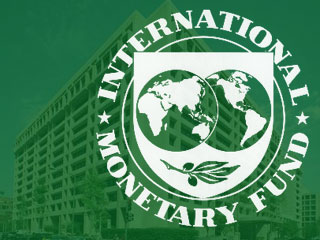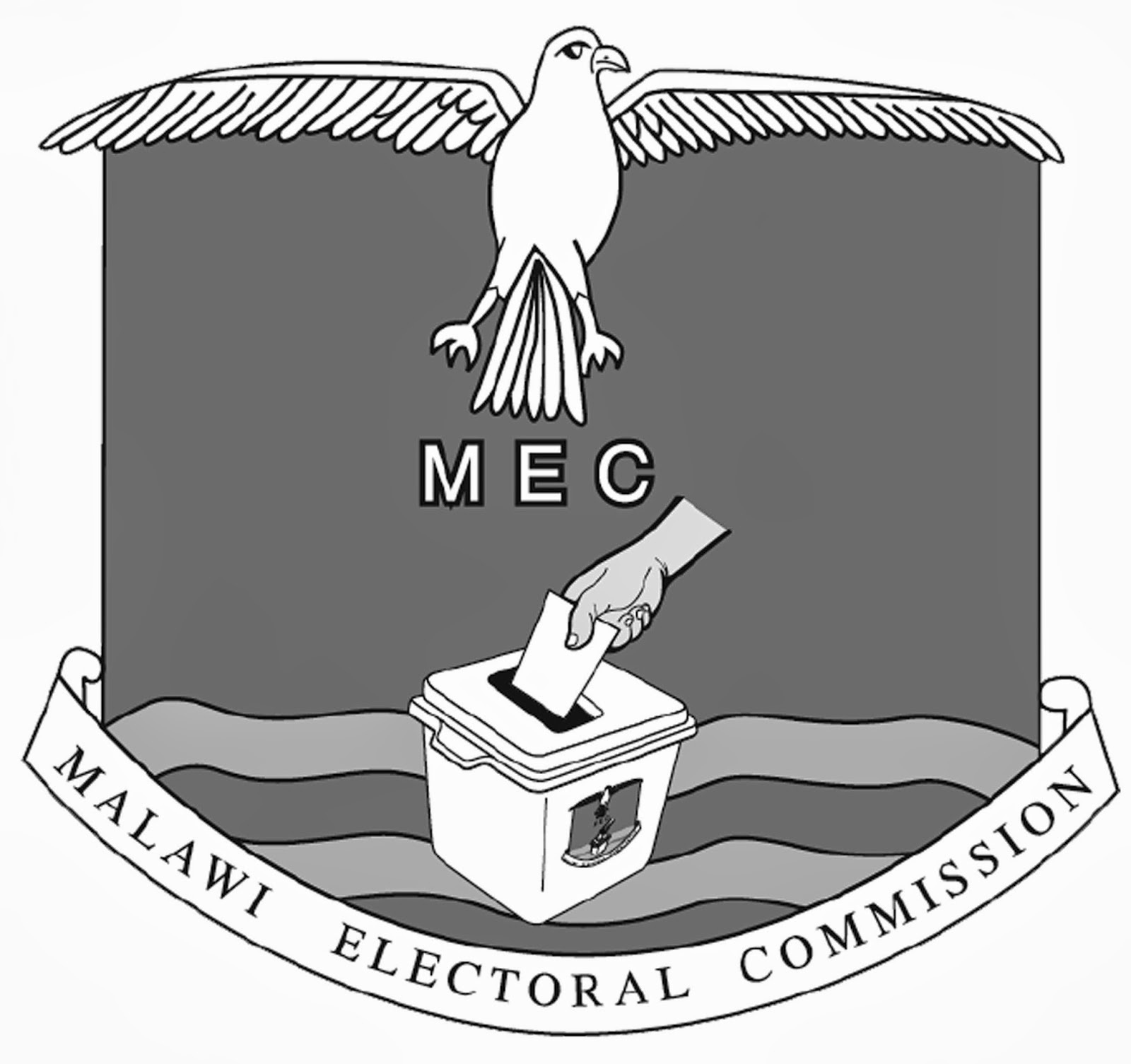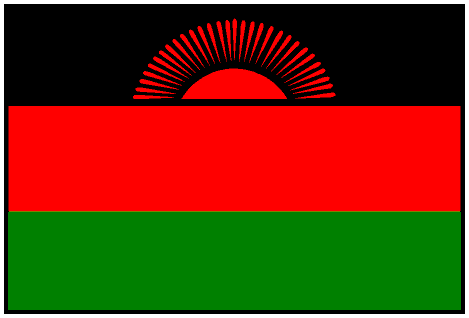The Executive Board of the International Monetary Fund (IMF) completed today the first review of Malawi’s economic performance under a program supported by the Extended Credit Facility (ECF). The Board’s decision enables the immediate disbursement of an amount equivalent to SDR 13.02 million (about US$20 million), bringing total disbursements under the program to an amount equivalent to SDR 26.04 million (about US$40.1 million).
In completing the review, the Executive Board approved a request for a waiver of the nonobservance of the end-September 2012 performance criterion on the level of net domestic assets of the Reserve Bank of Malawi (RBM). The three-year ECF arrangement for Malawi in the total amount of SDR 104.1 million (about US$156.2 million) was approved on July 23, 2012.
Following the Board’s discussion, Mr. Naoyuki Shinohara, Deputy Managing Director and Acting Chair, issued the following statement:
“Drought in parts of Malawi lowered overall growth in 2012, and threatened the subsistence of nearly 2 million people. A spike in food prices and the continuing depreciation of the kwacha contributed to a surge in inflation. The external economic environment has also been more difficult than anticipated. Despite these challenges, performance under the Fund-supported program has been satisfactory.
“Tight monetary and fiscal policies are needed now to stabilize the exchange rate and curb inflation. Accordingly, the Reserve Bank of Malawi (RBM) has appropriately discontinued a temporary facility for uncollateralized lending to banks and increased the policy rate in early December. Fiscal policy is also playing a role, including with the reactivation of the automatic adjustment mechanism for fuel prices which has cut untargeted subsidies that mainly benefit the better off. The bulk of the additional external financing provided by Malawi’s development partners will allow the government to increase outlays on social protection programs without increasing domestic borrowing, although the authorities are well advised to save a portion of those grants to build up international reserves from very low levels.
“The RBM has stepped up its oversight of banks with a view to addressing emerging threats to the stability of the financial system. It is paying particular attention to ensuring that banks facing persistent liquidity problems implement restructuring plans that put them back on a sound financial footing.
“The authorities are making good progress in implementing a wide range of structural reforms. On the budget side, reforms focus on strengthening tax and customs administration, as well as improving public financial management though greater expenditure control and the prevention of arrears. The authorities have also committed to removing regulatory hurdles to improve the investment climate and foster sustained and broad based growth.”





No comments! Be the first commenter?